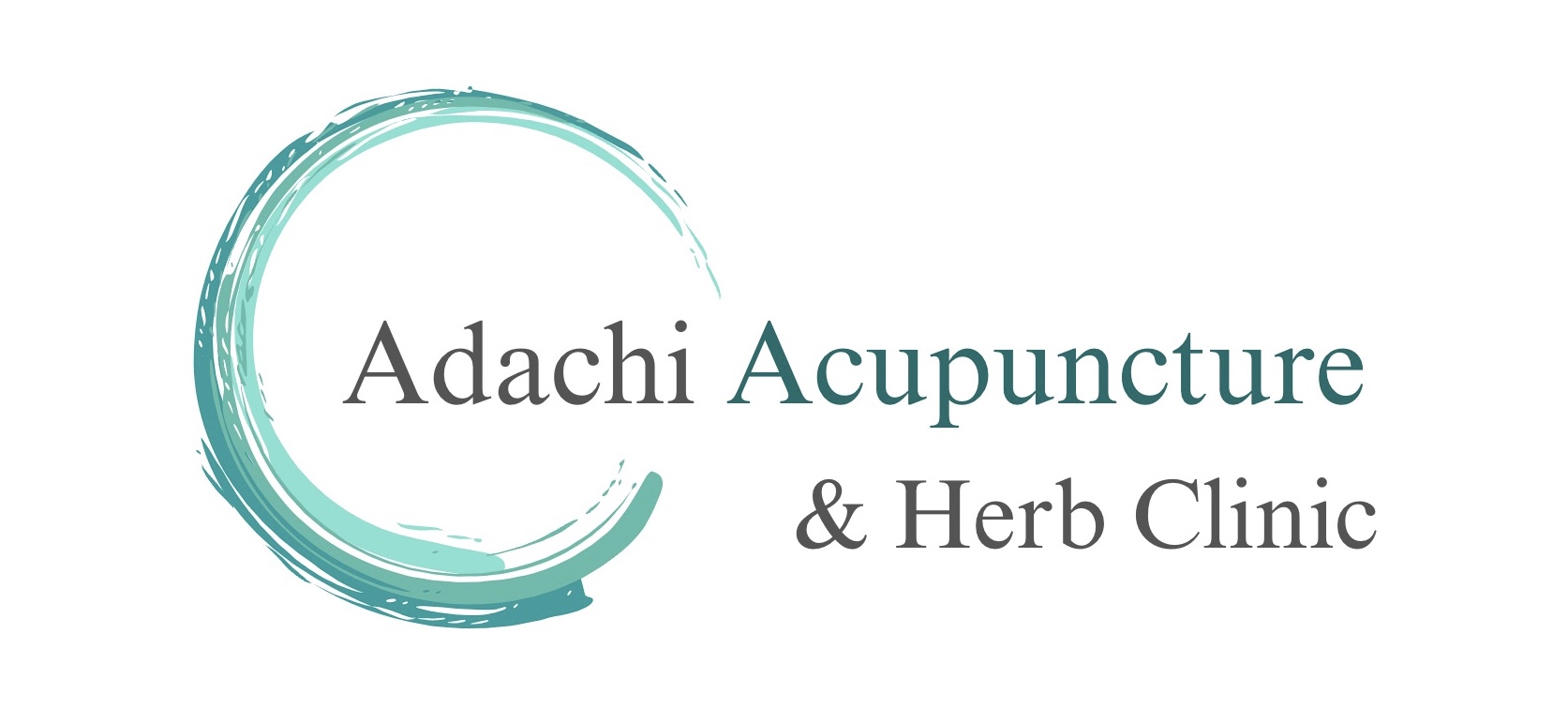Like its Chinese counterparts, Japanese acupuncture is praised for its ability to open energy channels within the body, relieve tension and cure other ailments. In contrast, Japanese acupuncture techniques are often gentler and more subtle than the techniques used in China.
Japanese acupuncture treatments have been known to assist in helping with a range of complaints, including aggravated stress (fatigue, insomnia, anxiety, depression), localized pain (headache, knee pain, back pain), gastric problems (nausea, acid reflux, gastritis), trauma (sprains, strains, bruises) and even infertility. Traditional Japanese acupuncture is particularly suited to those who are uncomfortable with strong needle stimulus or are fatigued or otherwise weakened. It is well suited for pediatric treatments and can be done without the use of needles.
A Tokyo study has reported positive effects of Japanese acupuncture on a number of regular ailments, including the common cold. “A significantly positive effect of acupuncture was demonstrated in the summed questionnaire data…needling on the neck using the Japanese fine needle manipulating technique was shown to be effective and safe. The use of acupuncture for symptoms of the common cold should be considered.” Doctors determined the preventive and curative effects of manual acupuncture on the systems of the common cold.
The Anglo-Dutch Institute of Oriental Medicine discovered similar findings, concluding the benefits of Japanese acupuncture on healing neck pain and strain. “Relevant acupuncture with heat contributes to modest pain reduction in persons with myofascial neck pain.” Results proved Japanese acupuncture’s ability to help cure localized pain and release overall discomfort.
Tracing its roots to early seventh-century Chinese texts, Japanese acupuncture has been making ground since the 1920s. Japanese practitioners discussed how parts of the ancient text Nan Jing[c. 250 A.D.] may be applied to clinical practice. These physicians focused on point selection, point location and needle technique, blossoming the beneficial treatments underlying meridian therapy. Today, Japanese acupuncture is beginning to gain as much publicity and credit as Chinese acupuncture.


